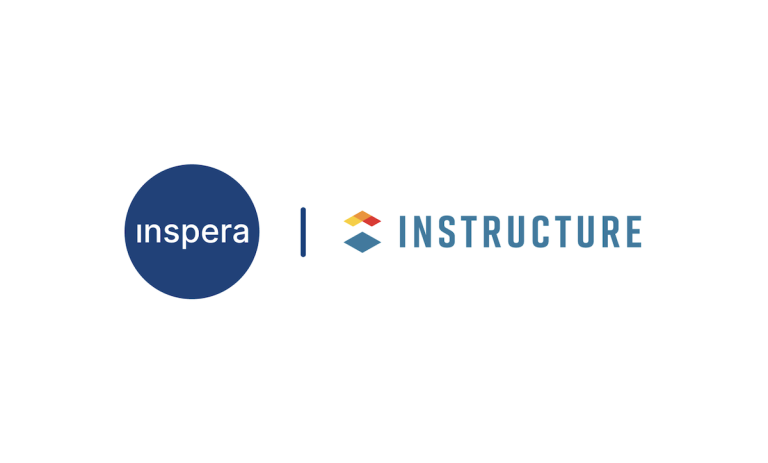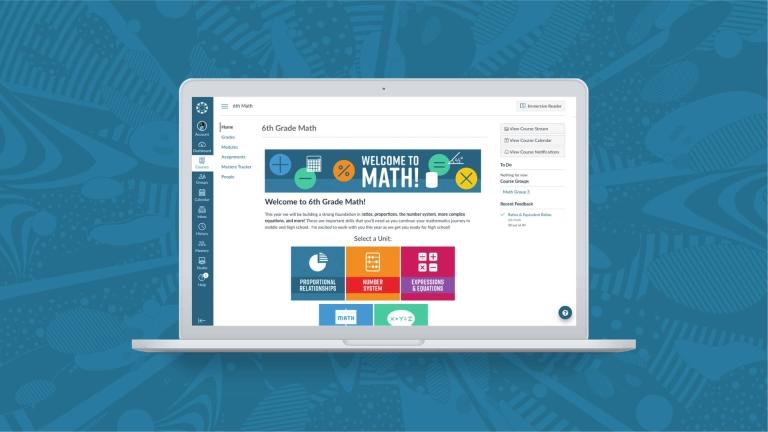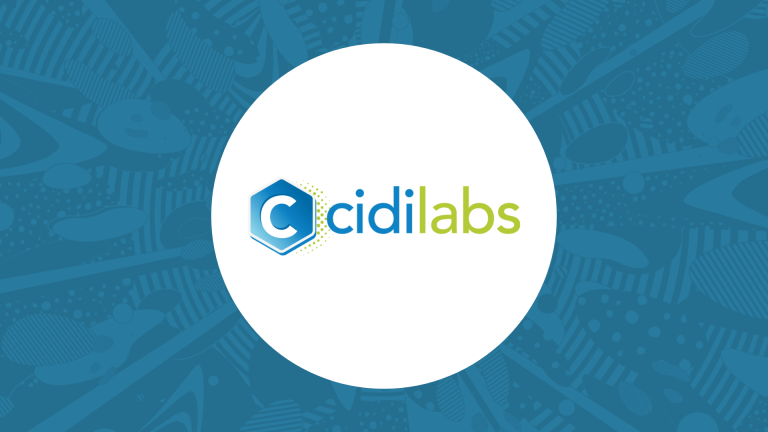
The word exam evokes a range of emotions. For some, it’s a memory of sitting in a cold exam hall writing furiously to output months or years of learning. For the younger learner, it’s typing on their laptop, perhaps with the same fury to the same end. The seriousness with which students and educators take exams comes from the same place: to ensure both can say with confidence that the teaching and subsequent learning was effective and the student can now demonstrate their mastery of it. Exams with integrity are at the heart of education and for us too, here at Inspera.
We partnered with Instructure to expand the assessment capabilities of institutions using Canvas LMS by providing a seamlessly integrated, summative high stakes exam platform with the addition of academic integrity tools, including proctoring and originality to ensure exam integrity. Those same proctoring and originality tools can be equally integrated into Canvas to enhance integrity across the LMS for a wide range of assessments.
Exams with integrity have been our mission and main focus at Inspera for 25 years. We have partnered with customers around the globe to bring user friendly digital assessment to their students, backed with the right integrity measures to ensure that results can be trusted and standards upheld.
Here are five factors our experience has shown us that must be considered when evaluating assessment tools:
1. Look for elegant, powerful integrations that are easy to deploy
Elegantly integrated tools are essential to simplify the lives of already busy academics and administrators. Plus, thoughtful integrations provide a smooth student journey so that they can focus on their exam, not navigating a complex web of logins. Not all integrations are built the same. Even if they meet the all important LTI 1.3 standards, the user journey and friction levels can differ.
Close attention to both the educator and student journey is essential in determining how effective they will be to your institution. With Inspera Assessment all students in a module are automatically enrolled into an exam that appears within a course when they click the link to enter. When a student uploads a paper to Canvas LMS with Inspera Originality integrated, it’s part of the assignment workflow so there’s no extra clicks or links. The magic happens in the background and a similarity report is seamlessly generated. When you want to proctor your students, Inspera Proctoring provides robust exam security in a recorded or live environment either inside a Canvas Quiz or Inspera Assessment.
2. Focus on assessment integrity
Academic integrity tools are vital for maintaining exam standards in an increasingly digital learning environment, and ensure that assessments accurately reflect student knowledge and abilities. By integrating tools such as secure browsers, proctoring, and similarity detection, exam platforms can effectively deter dishonest practices, providing a level playing field for all students. These tools not only help in identifying and preventing misconduct but also reinforce the credibility of the examination process, which is essential for upholding the institution’s reputation and the value of its qualifications.
Furthermore, academic integrity tools support instructors and administrators by providing insights and data that drive informed decision making about assessments and improve overall exam quality. Ultimately, these tools are not just about catching misconduct; they are about preserving the integrity of the academic process, ensuring that the standards of excellence are consistently met, and that the results genuinely reflect student achievement.
3. Let your students concentrate on their exam, not their internet connection
Our high-quality digital exam platform, Inspera Assessment, provides a seamless and reliable experience for students. Exams are inherently stressful, and the added anxiety of potential technical difficulties can significantly impact a student's ability to perform at their best. A robust platform is built mindful of variable internet connectivity, providing offline resilience saves work locally when a connection drops and automatically syncs responses once the connection is restored, to ensure that students can focus solely on demonstrating their knowledge.
By minimizing disruptions and uncertainties related to connectivity, an exam platform empowers students to concentrate fully on the task at hand, thereby fostering a fairer and more equitable testing environment. These thoughtful design choices are built into Inspera, to reflect an understanding of the student experience, demonstrating that the platform is built with the student’s needs in mind.
4. Prioritize data privacy
Privacy, by design, is a critical principle for exam platforms, as it ensures that student data is safeguarded from the outset, rather than as an afterthought. By embedding privacy measures into the core architecture of the platform, such as data encryption, secure access controls, and anonymization techniques, institutions can protect sensitive information from unauthorized access and potential breaches. This proactive approach not only builds trust with students and educational institutions but also complies with regulatory standards, such as GDPR, which mandate strict data protection practices.
As exams often involve the collection of highly personal information, including academic records and identification details, privacy by design is essential to maintaining the integrity and security of the testing process. Ultimately, it demonstrates a commitment to respecting the rights of students, reassuring them that their data is handled with the utmost care and diligence throughout their assessment journey.
4. Understand ownership of assessment data
Data ownership is a fundamental aspect of any exam platform, as it ensures that student data remains under the control of the educational institution rather than the tech vendor. This distinction is crucial because it aligns data management practices with the institution’s educational mission and compliance obligations, rather than the commercial interests of a third party. When institutions retain ownership of their data, they have the authority to decide how it is stored, shared, and used, safeguarding against misuse and ensuring that data handling practices are in line with their privacy policies and legal responsibilities.
Furthermore, data ownership enables institutions to maintain continuity and consistency in their assessment processes, allowing for seamless data integration with existing systems and long-term access to historical records. By insisting on clear data ownership terms, educational institutions can protect the privacy and rights of their students, reinforcing trust and ensuring that technology serves as a secure enabler of education, rather than a potential risk.
Watch Our Webinar for More
Interested in learning more about how Inspera can be leveraged within Canvas LMS to support high-integrity summative exams? Join us for a live webinar to see the integration in action.
Register Now
Ready to get started with Inspera? Request a demo today.
Related Content
 Teaching-With-Tech-10-Benefits.jpg
Teaching-With-Tech-10-Benefits.jpgBlogs
 cidilabs.png
cidilabs.pngBlogs
 canvas_x_tg_logo_lockup_780_x_520.png
canvas_x_tg_logo_lockup_780_x_520.pngBlogs